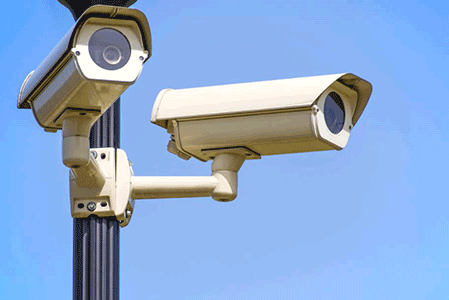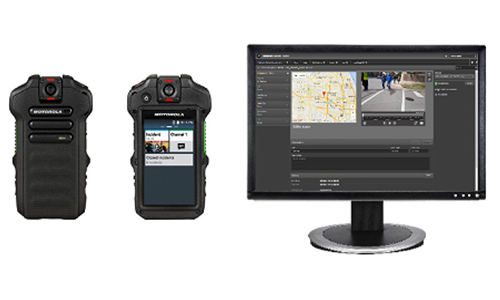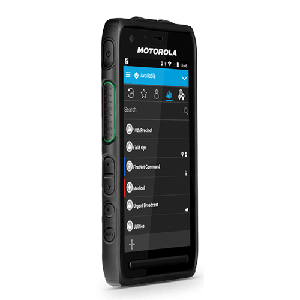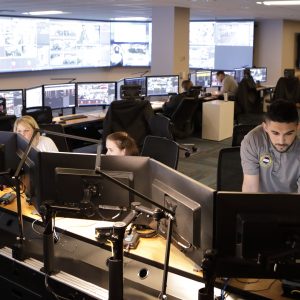Body Worn Cameras (BWCs) now play a central role in Motorola Solutions’ ecosystem of mission-critical technology for security operations in a wide range of scenarios.
The use of BWCs is revolutionising mission-critical operations around the globe, enhancing policing and public safety as well as commercial customers in retail and hospitality environments, as well as in hospitals, airports and train stations. BWCs are now built for a connected world and are being used by officers on the front-line to help prevent both criminal and anti-social behaviour when out on patrol. Additionally, the captured footage not only provides greater transparency of interactions with the public, but also significantly increases early guilty pleas and saves officers valuable time as they often do not need to attend court.
BWCs have been proven to help improve the safety of those in public facing roles, whilst producing compelling legal evidence when needed. BWC’s can provide two-fold protection to staff – firstly, members of the public naturally change and moderate their behaviour for the better when they realise they are being, or may be, recorded – but importantly those cameras can then be used, when needed, to alert colleagues to an incident, to obtain evidential quality footage to secure convictions, or to uphold the account of staff in the event of a complaint or incident.
In recent years the developments in BWCs have been extensive, ranging from HD recording capabilities to dual band live Wi-Fi streaming of incidents allowing for faster decision making. With the launch of our new VB-400 this has moved on again, with BWCs now having hands-free activation meaning incidents can be recorded, for example when weapons are drawn or when a car door is opened. Easy device location, when integrated with Tactical VideoManager, also means that the management of BWCs across large fleets is now greatly simplified. The new GPS capabilities is particularly important for policing, as it enables the control room to monitor live situations with the help of real-time footage, and if then the situation escalates it can make an informed decision, for example to call for back-up.
Research has shown that the use of BWCs:
- Created self-awareness during police interactions
- Caused individuals to modify their behaviour in response to being recorded
- Improved the quality of evidence gathered, and;
- Had the potential to enable the wider Justice sector to deliver faster, fairer outcomes






